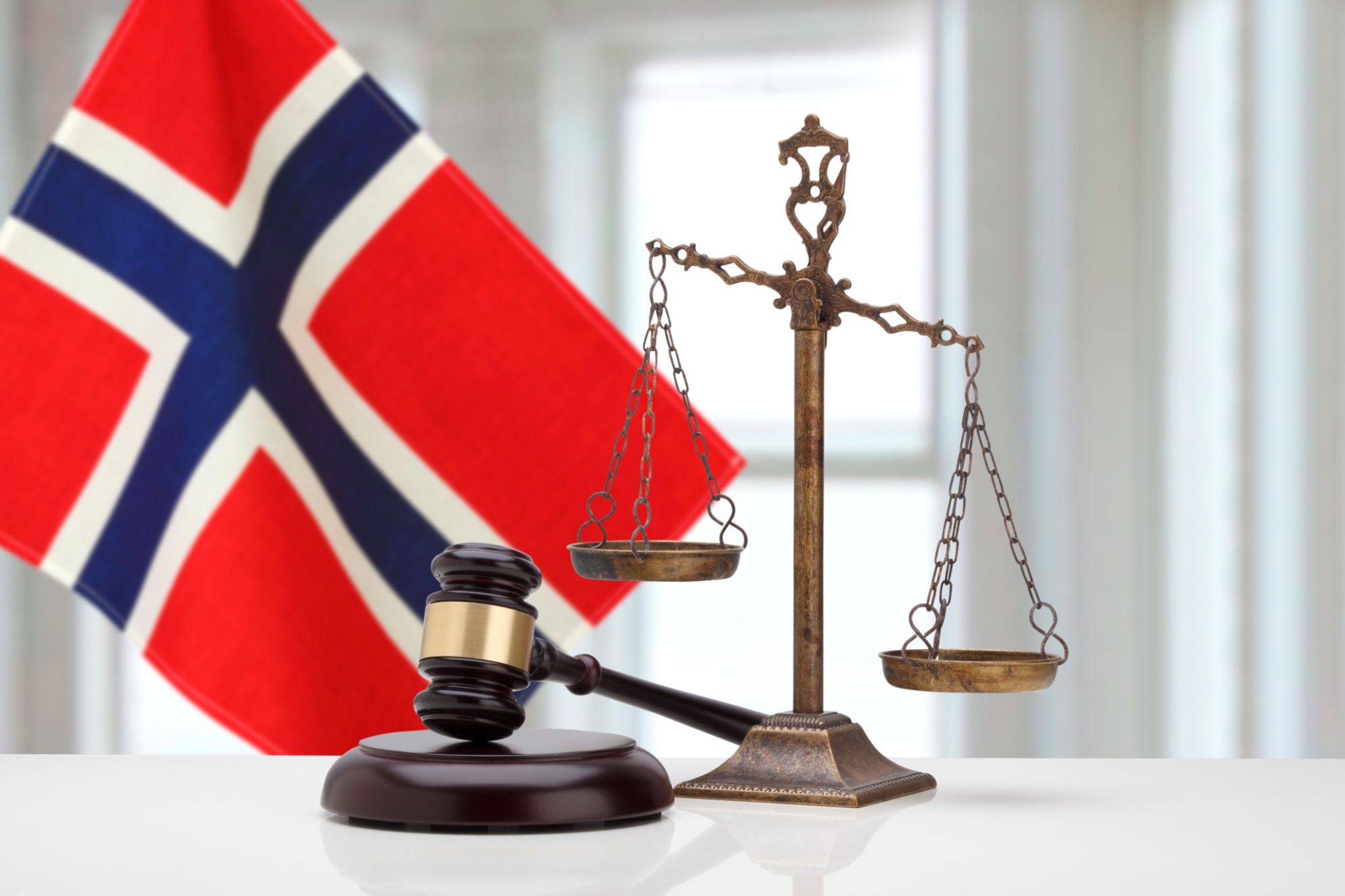Understanding Norwegian Gambling Regulations
Overview of Norwegian Gambling Regulations
Norway has a unique approach to gambling regulation, characterized by strict controls and a focus on public welfare. Unlike many countries, gambling in Norway is largely monopolized by state-run entities. This ensures revenue generated from gambling activities is funneled back into society for charitable and social causes. Understanding these regulations is crucial for anyone interested in the Norwegian gambling market.

State Monopolies: Norsk Tipping and Norsk Rikstoto
In Norway, the gambling industry is dominated by two state-owned companies: Norsk Tipping and Norsk Rikstoto. Norsk Tipping oversees the lottery, sports betting, and instant games, while Norsk Rikstoto is responsible for horse racing. These organizations are tasked with providing safe and responsible gambling options under strict government supervision.
The goal of these monopolies is to prevent gambling addiction and other related social issues. By tightly controlling the market, the government aims to ensure that gambling remains a secure and manageable pastime for its citizens.
Legal Framework and Restrictions
Norwegian gambling laws are stringent, with the primary legislation being the Gambling Act. This act outlines the rules and regulations for all gambling activities within the country. It emphasizes responsible gaming and includes measures to protect vulnerable groups from excessive gambling. Advertising for gambling is also heavily restricted to prevent undue influence on the public.

One significant restriction is the prohibition of foreign gambling operators from offering services to Norwegian residents. The government actively blocks transactions between Norwegian banks and unauthorized foreign gaming sites, further reinforcing their commitment to maintaining a controlled gambling environment.
Online Gambling Landscape
Online gambling in Norway is largely governed by the same rules as physical gambling. Norsk Tipping offers a range of online games under their regulated framework, ensuring players have access to safe and fair gaming options. Despite restrictions, many Norwegians still engage with international online casinos. However, these activities are technically outside the bounds of legal protection in Norway.
Recent years have seen discussions around potentially liberalizing the online sector to allow more competition while still safeguarding players. The government continues to evaluate these possibilities, weighing potential benefits against social risks.

Social Responsibility and Player Protection
A key aspect of Norwegian gambling regulations is an emphasis on social responsibility. Operators are required to implement measures that promote responsible gambling, such as self-exclusion programs and limits on both time and money spent on gambling activities. These initiatives are designed to minimize harm and provide support for those who may develop gambling-related issues.
The revenue generated from state-run gambling entities is channeled into various social projects, including sports, culture, and humanitarian efforts. This not only supports community development but also reinforces the government's commitment to using gambling as a means of public good.
Future of Gambling Regulations in Norway
The future of gambling regulations in Norway remains a topic of debate. With advancements in technology and changing consumer behaviors, there is ongoing discussion about how best to adapt existing laws to modern realities. Norwegian authorities are continuously assessing the effectiveness of current policies and exploring potential reforms that could enhance both market dynamics and player protection.
As the landscape evolves, stakeholders in the industry must stay informed about regulatory changes to ensure compliance and continue contributing positively to the Norwegian society.